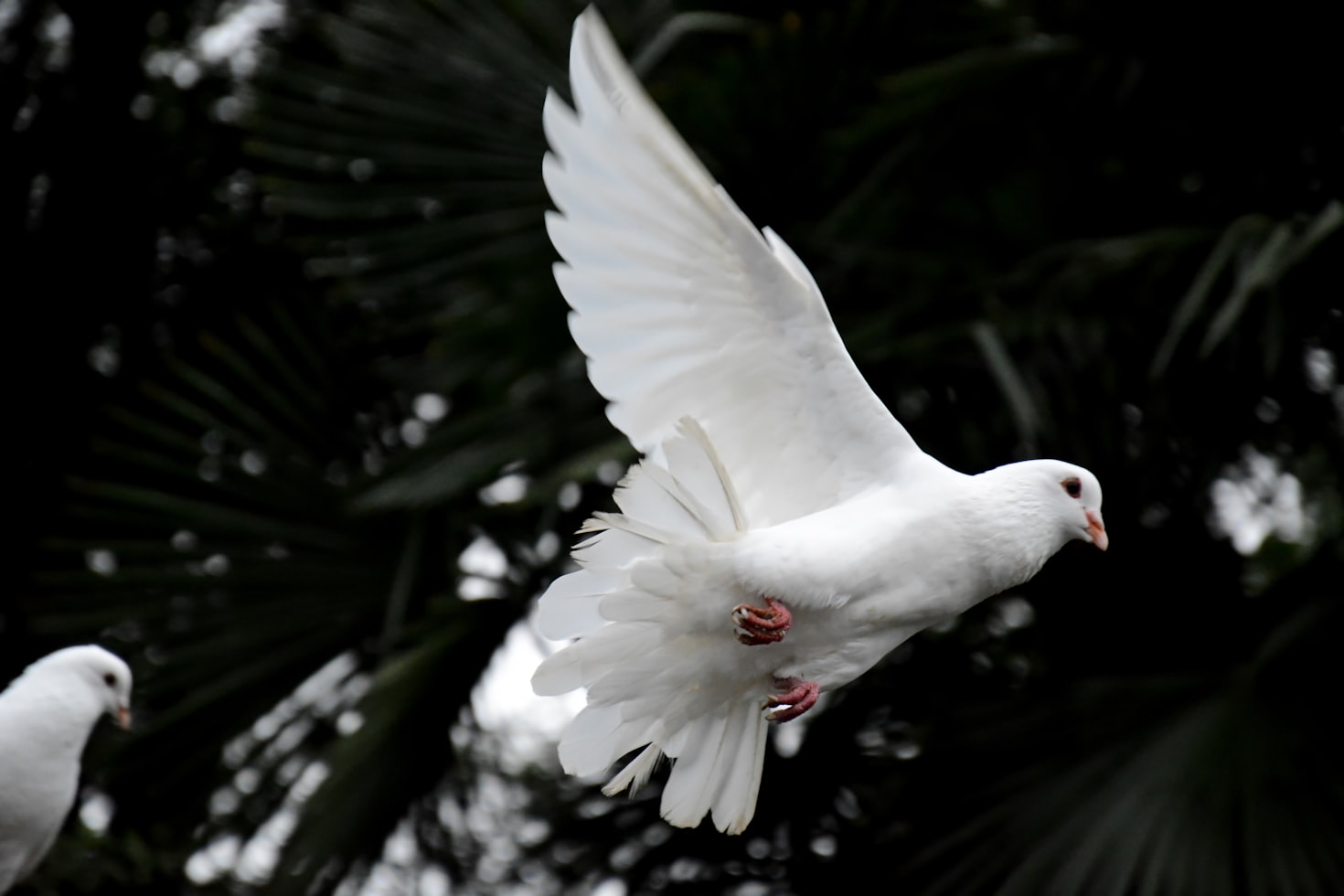On Sunday we celebrated the Festival of Pentecost. The faithful of the Church, drawing from our dynamic roots in Judaism and experience with Christ, developed over several centuries three great celebrations: Christmas, Good Friday/Easter and Pentecost. We know well the celebrations of Christmas and Holy Week/Easter—the liturgies for these gatherings are rich. There are many cultural expressions of these celebrations, such as foods, cookies, presents, decorations, songs, musicals, vacations….

What happens for Pentecost? Pentecost is a celebration without the “bells and whistles” of Christmas and Easter. We are invited to wear red clothes for the day, a reminder of the fire of God that transformed the gathering in Jerusalem. Historians share that there were ways that Pentecost has been celebrated in churches. Many churches would have “The Holy Spirit Hole” from which red rose petals, doves or even lit bundles of straw were dropped into the assembly. (Fire bundles, for obvious reasons, didn’t become a common practice for Pentecost!) In their homes, families would suspend a painted dove over the dining table during the season. Likewise cultural expressions developed for Pentecost in many countries around the world, many which are still practiced.
Luke tells of the powerful presence of God in the Pentecost witness in Acts 2:
1When the day of Pentecost had come, [the apostles] were all together in one place. 2And suddenly from heaven there came a sound like the rush of a violent wind, and it filled the entire house where they were sitting. 3Divided tongues, as of fire, appeared among them, and a tongue rested on each of them. 4All of them were filled with the Holy Spirit and began to speak in other languages, as the Spirit gave them ability.
Pentecost is a celebration of the dynamic power of the presence of God, the Holy Spirit that fills disciples of Christ with transforming wisdom and energy. God’s energy enlightens evangelical timidity for a renaissance of a narrative of hope and awe in a language that all comprehend, because it is God’s word. Pentecost is a time in the life of God’s people that is important—perhaps over time we’ll find creative ways to celebrate it even more in our assemblies and lives.
Let us pray: O God, on this day you open the hearts of your faithful people by sending into us your Holy Spirit. Direct us by the light of that Spirit, that we may have a right judgment in all things and rejoice at all times in your peace, through Jesus Christ, your Son and our Lord, who lives and reigns with you and the Holy Spirit, one God, now and forever. Amen.
Pr. Walter
he/him/his
